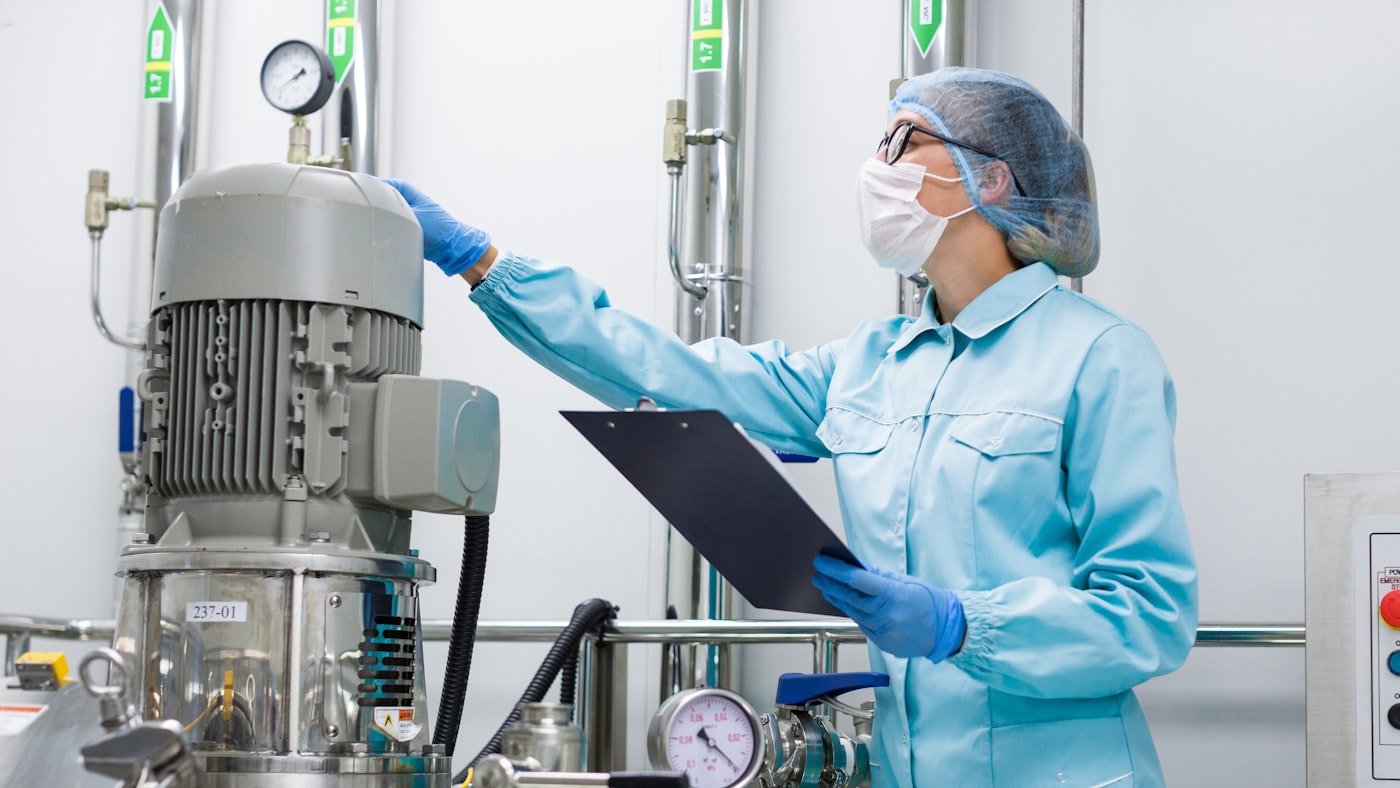
Energy and gender

A critical issue in energy employment and access
Despite making up 39% of the global labour force, women only account for 16% of the traditional energy sector. For management levels the numbers are even lower. The barriers women face in the energy sector are similar to those they face elsewhere in the economy. However, the challenges of the energy sector are more pressing since the sector is going through a process of transformation. Clean energy transitions will require innovative solutions and business models to be adopted and greater participation from a diverse talent pool.
Meanwhile, the lack of or access to clean cooking fuels particularly impacts women, limiting their work options, exposing them to health risks, and forcing them to forage for wood or other combustible materials.
Below, find out more about our programmes and initiatives, as well as IEA countries’ actions to support gender equality in the energy sector.
Understanding Gender Gaps in Wages, Employment and Career Trajectories in the Energy Sector
In May 2024, the IEA convened global leaders for a Summit on Clean Cooking in Africa to drive faster progress on ensuring clean cooking access for all. Co-chaired by the President of Tanzania Samia Suluhu Hassan, the Prime Minister of Norway Jonas Gahr Støre, the President of the African Development Bank Group Akinwumi Adesina, and the Executive Director of the International Energy Agency Fatih Birol, the Summit brought together over 1,000 delegates from close to 60 countries. It mobilised $2.2 billion in financial pledges from governments and the private sector, a record sum dedicated to clean cooking access at a single gathering.
Facilitating and exchange of best practices
Facilitating and exchange of best practices
The IEA Gender Advisory Council was set up by IEA’s Governing Board in June 2021. The Council comprises a number of senior officials from IEA member governments with the purpose of providing direction to the IEA Secretariat and facilitating and exchange of best practices between IEA Family governments on gender equality and inclusion.
Accelerating gender equality and diversity in the clean energy transition
Accelerating gender equality and diversity in the clean energy transition
The Equality in Energy Transitions Initiative (formerly known as C3E International) was created in 2010 as an initiative of the Clean Energy Ministerial (CEM) to accelerate gender equality and diversity in the clean energy transitions. In 2017, a decision was taken to organize the Equality Initiative‘s activities as an (TCP). This provides a strong foundation to the work and provides additional visibility to the Equality Initiative‘ globally. As a TCP, the Equality Initiative joins a network of 6 000 experts participating in IEA’s energy technology network, which engages in energy research and development, and which can assist with the development of best practices to support the goals of the program.
Explore the initiative
Explore the initiative
Thank you for subscribing. You can unsubscribe at any time by clicking the link at the bottom of any IEA newsletter.